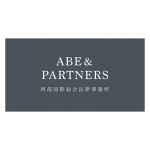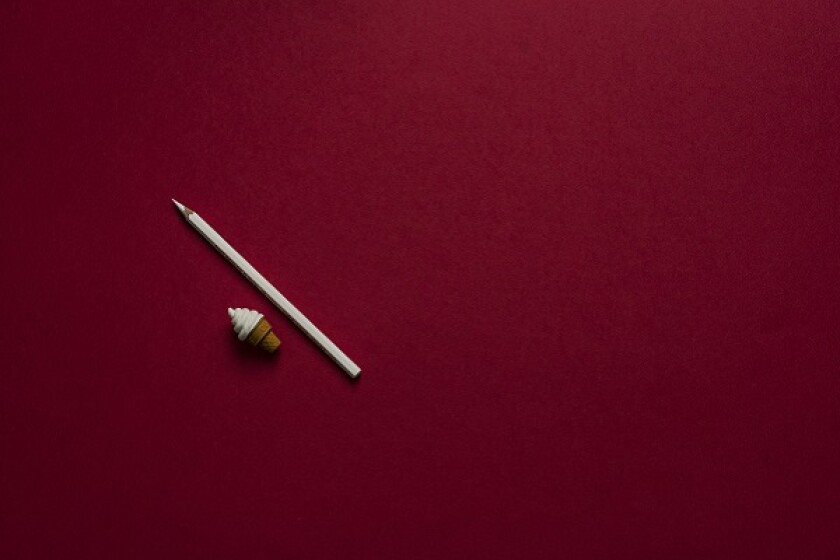Summary of the case
On May 1 2015, Medion Research Laboratories Inc (Medion) filed a patent infringement lawsuit against 11 companies including NeoChemir. On June 28 2018, the Osaka District Court ordered NeoChemir to pay ¥111,077,895 (approximately $1,009,799), and the judgment became final and binding. However, other than Medion’s recovery of a total of ¥7 million through seizure of the deposit money, NeoChemir did not make the payment.
Defendant P1 was the representative director of NeoChemir, and Defendant P2 was the director of NeoChemir. On September 24 2020, Defendant P1 established a new company. Defendant P1 filed a petition for commencement of bankruptcy proceedings against NeoChemir, and on December 7 2020 received an order of commencement of bankruptcy proceedings. Medion claimed damage against Defendants P1 and P2 pursuant to Article 429, Paragraph 1 of the Companies Act.
Judgment of September 28 2021, Osaka District Court
The Osaka District Court (Presiding Judge Tani) ordered Defendants P1 and P2 to pay ¥101,291,485 to Medion, holding as follows.
(1) Criterion
If a director has pointed out that the company's act may constitute infringement of a third party's patent right, he or she should carefully examine the company and opponent’s grounds regarding the infringement or the validity. Th director should make the most appropriate business judgment in that case, while comprehensively considering the following, which is considered to be the content of the duty of due care of a prudent manager as directors: the infringement or the validity of the patent may not be determined until a judgement is rendered; the judgment may not be advantageous to the company; normal business activities should not be suspended without reason, however a situation where a company infringes a third party’s right and incurs damage obligation should be avoided as much as possible; and even in the case of infringement, the damage obligation should be limited as much as possible.
Concretely, several measures are found as follows:
Cease or change the structure of the product considering the probability of non-infringement or invalidity;
Set a royalty rate reflecting the company's arguments of non-infringement or invalidity with the patentee and continue the working of the patent by paying a royalty;
Cease the working of the patent by a provisional agreement so that the company can obtain compensation for such period after the judgment of non-infringement or invalidity is finalised;
Continue the working of the patent and reserve the amount equivalent to damages from profits so that the company will compensate immediately after the judgment of infringement and validity is finalised, and the company will not substantially bear the damage obligation.
It is necessary to examine whether the business judgment made by the directors was appropriate according to the characteristics of each case.
(2) Bad faith and gross negligence of Defendant P1
Defendant P1’s non-infringement and invalidity arguments lack sufficient basis. Due to lack of understanding of the basics of the patent system, Defendant P1 continued manufacture and sales of the accused products under the misunderstanding that they would not be infringing the patent rights if they were the working of the NeoChemir patent, and explained the same to their trading partners.
It was possible to avoid the infringement of patent rights and the damage obligation on the company by taking the measures (i) through (iv) above. Nevertheless, the Defendant P1 did not take any of these measures and continued manufacture and sales of the accused products.
Furthermore, since NeoChemir had earned profits from the sale of the accused products, it would have been possible to prevent NeoChemir from bearing a definite damage obligation if it had compensated for the damages without delay after the judgment became final and binding by reserving an amount equivalent to damages in the event of patent infringement.
However, Defendant P1 did not voluntarily compensate and filed a petition for commencement of bankruptcy proceedings while leaving NeoChemir in an insolvency.
Practical tips
Defendant P1 obtained non-infringement or invalidity opinions from several attorneys-at-law and patent attorneys. However, the judgment states that Defendant P1’s non-infringement and invalidity arguments lack sufficient basis, and due to lack of understanding of the basics of the patent system Defendant P1 misunderstood as non-infringement.
It would be dangerous for the directors to expect that their bad faith and gross negligence will be denied by the fact that they had obtained advantageous opinions from attorneys-at-law and patent attorneys during freedom to operate (FTO) analysis. If this judgment is affirmed by the Court of Appeal, with the recent trend of higher damage amount, it will promote the further use of directors and officers (D&O) liability insurance.
If the defendant chooses to fight against the patentee, it is required under this judgment to take measure (iv) above. Reserving an amount equivalent to damage from profits is equal to reserving the entire amount of profits. Small and medium-sized enterprises may be in a risk of fund shortage. Even in the case of large enterprises, if the company has many disputes on a regular basis, calculating the amount to be reserved for each lawsuit and reserving the said amount may become an undue burden.
Takanori Abe
Partner, Abe & Partners












